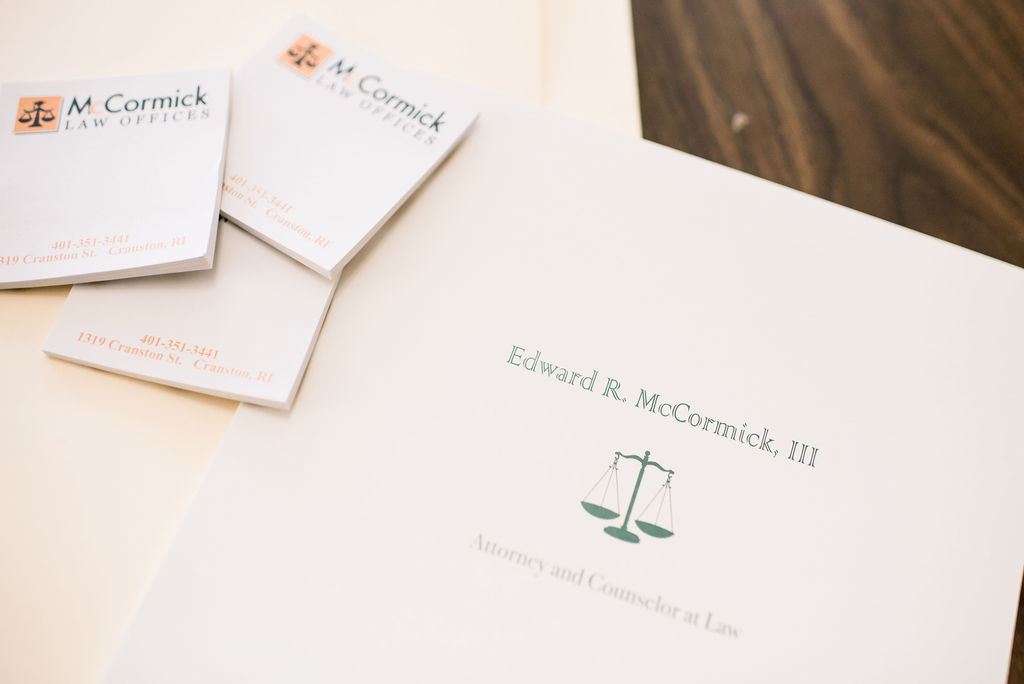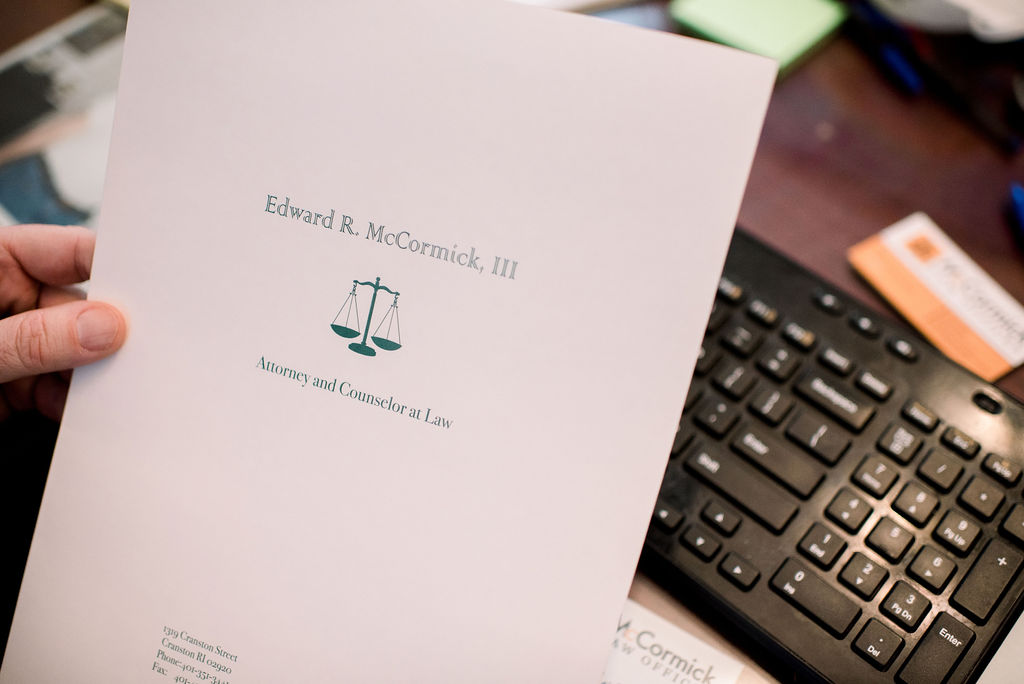For many couples, the family home is not just their most valuable asset — it also carries emotional weight, especially during a divorce. In Rhode Island, determining what happens to the marital home involves both legal and practical considerations. At McCormick Law Offices, we help clients understand their rights, explore their options, and protect their financial interests during property division.
If you’re going through a divorce and wondering who gets the house, here’s what you need to know.
Is the Home Marital Property?
Rhode Island is an equitable distribution state. That means property is not automatically split 50/50, but rather divided fairly based on several factors. The first step is determining whether the home is marital property or separate property.
- Marital property typically includes any home purchased during the marriage, regardless of whose name is on the deed.
- Separate property may include a home purchased by one spouse before marriage or inherited individually — but this can get complicated if the property was used by both spouses, improved during the marriage, or comingled with marital funds.
If the home is determined to be marital property, it becomes subject to equitable division.
Who Gets to Stay in the House During the Divorce?
Temporary use of the home can be granted to one spouse while the divorce is pending. Courts often consider:
- Who has primary custody of the children
- Whether either spouse has alternative housing options
- Financial needs and capabilities
This arrangement is not permanent and doesn’t determine final ownership, but it can influence how the property is divided later.
Read a similar article: Legal Separation vs. Divorce: What’s the Difference?
How Is the Home Divided?
Once the court determines that the home is marital property, there are a few common outcomes:
One Spouse Buys Out the Other
This is often the most straightforward option. One spouse agrees to keep the home and pays the other their share of the equity, either through a refinance or in exchange for other assets.
The Home Is Sold
In many cases, especially when neither party can afford the home alone, the property is sold and the proceeds are divided equitably. This division may not be a simple 50/50 split — the court considers factors such as each spouse’s contributions, needs, and earning potential.
Deferred Sale
If there are minor children, the court may allow the custodial parent to stay in the home for a certain period (such as until the children graduate high school), after which the property is sold and proceeds divided. This is less common, but can be negotiated or ordered in the child’s best interest.
Factors the Court Considers
Under Rhode Island law, the court evaluates several factors when dividing property, including:
- Length of the marriage
- Conduct of the parties during the marriage
- Contribution to the acquisition or preservation of the property
- Economic circumstances of each spouse
- Custody arrangements
Every divorce is unique, and the outcome depends heavily on these specifics.
Protect Your Interests with an Experienced Divorce Attorney
At McCormick Law Offices, we know how important your home is — both emotionally and financially. Whether you’re seeking to remain in the property, negotiate a fair buyout, or ensure a clean sale, our legal team brings over 34 years of experience to guide you through the process.
We take a personal approach, tailored to your needs and goals. If you’re facing a divorce and need to understand your options regarding the family home, we’re here to help.
Contact us today to schedule a consultation with an experienced Rhode Island divorce lawyer.







